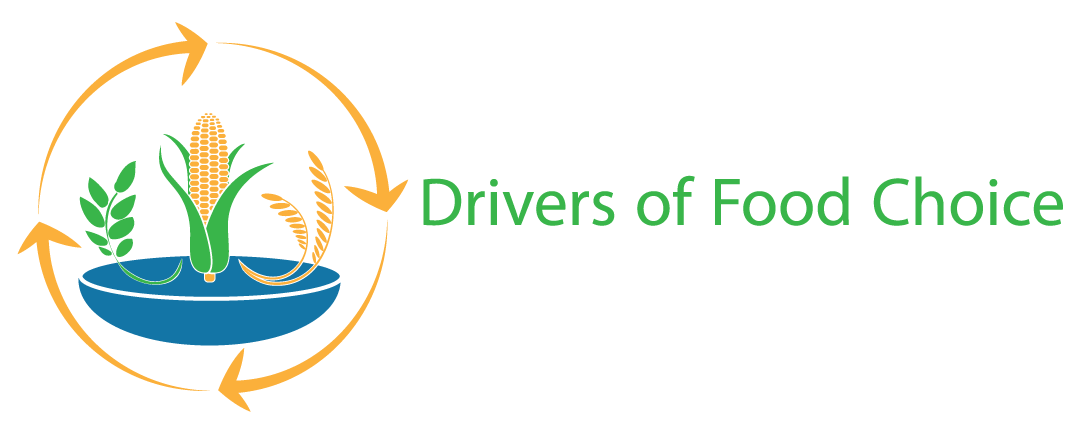Sociocultural Drivers
Sociocultural drivers of food choice encompass processes or conditions within the social and cultural environment. Investigating sociocultural drivers can provide insight into barriers and incentives for adoption of different interventions, inform development of gender-aware or gender-transformative agricultural programs, and provide insight for tailoring nutrition and agricultural programs and messages. Examples of sociocultural drivers include:
- Cultural, regional, and ethnic identities that influence food choice, with particular emphasis on expectations related to class, gender, and age
- Gender role differences in food choice
- Work roles, social roles, and time demands that drive food choice and longitudinal changes in these roles and demands
- Cognitive factors that drive food choice behaviors
- Food choice behaviors of household food providers in urban and rural settings to illuminate linkages in the agriculture-income-nutrition path, including markets
- Differential decision-making within households around who eats what, how much, and when based on age, gender, other characteristics and/or household dynamics in regard to the choice of what to consume versus sell, with emphasis on key demographic groups, including adolescent boys and girls, and their degree of autonomy or decision-making power
